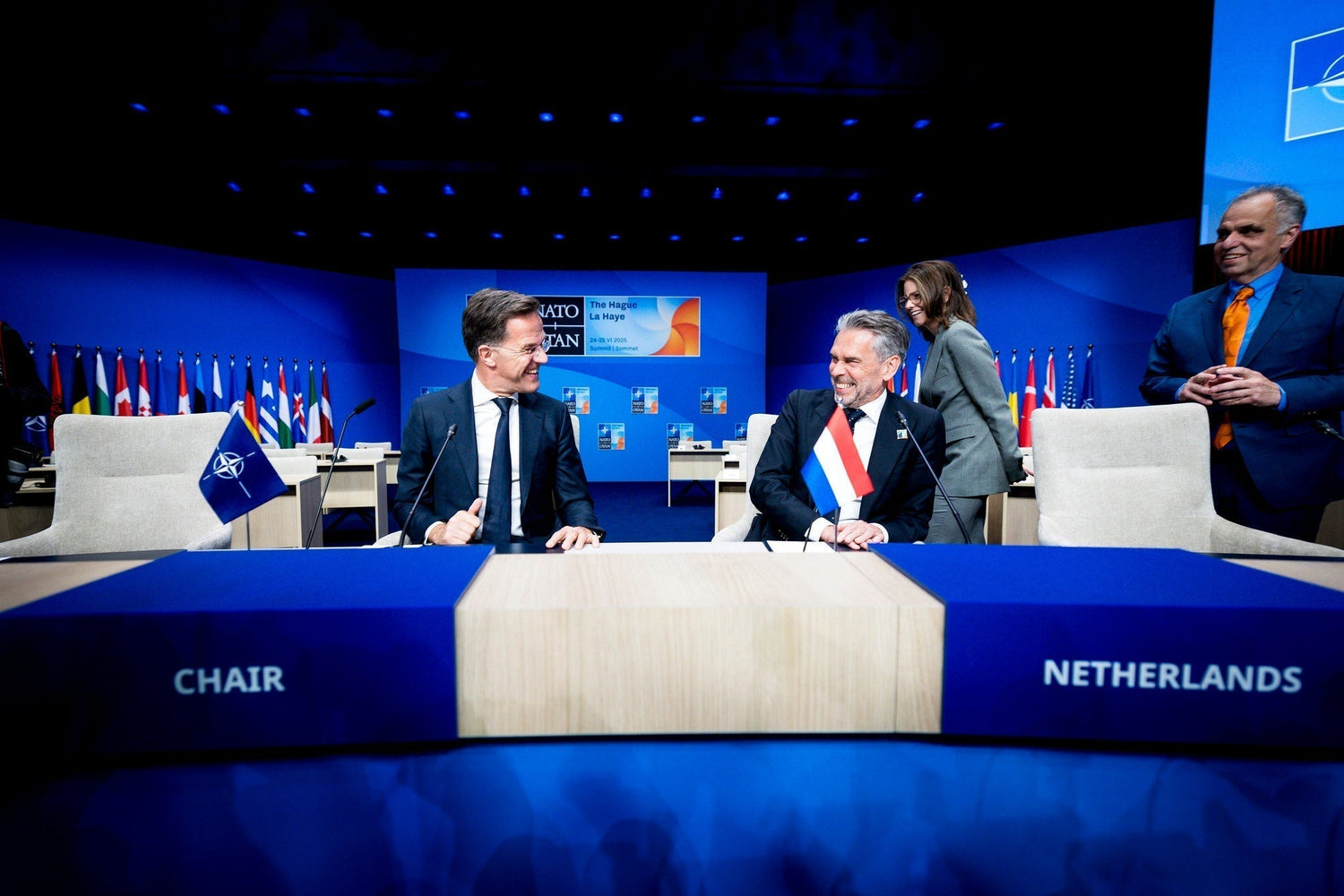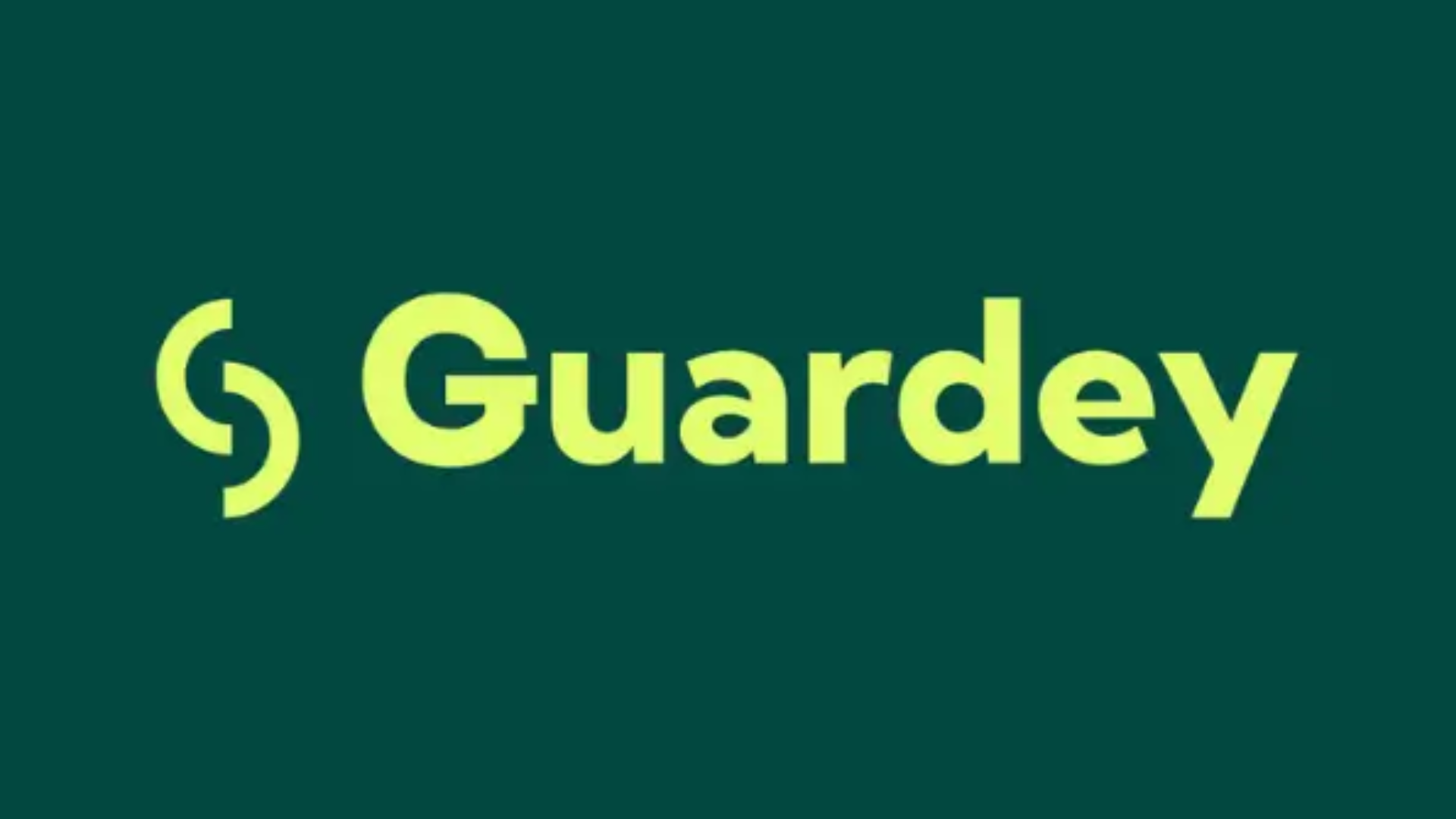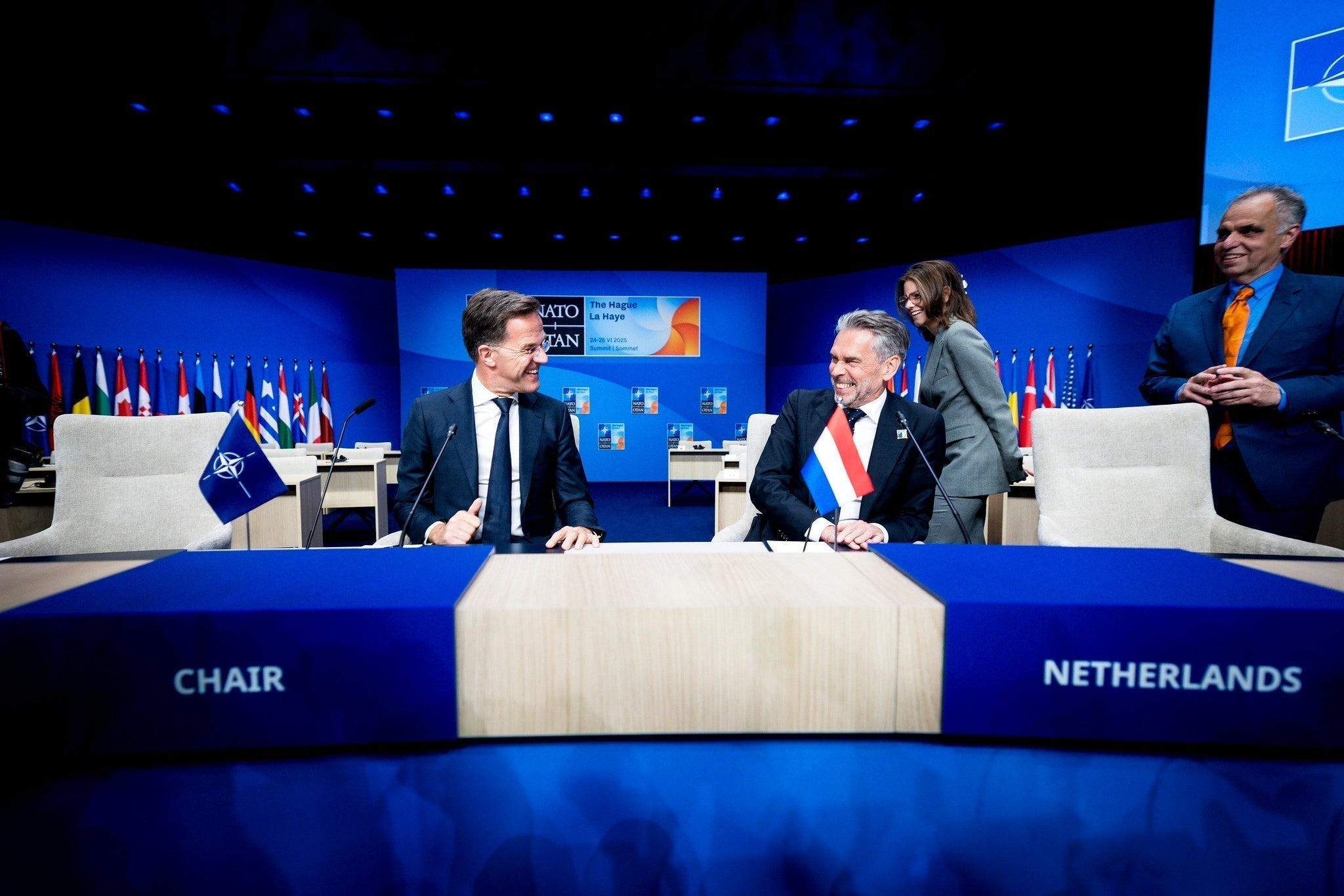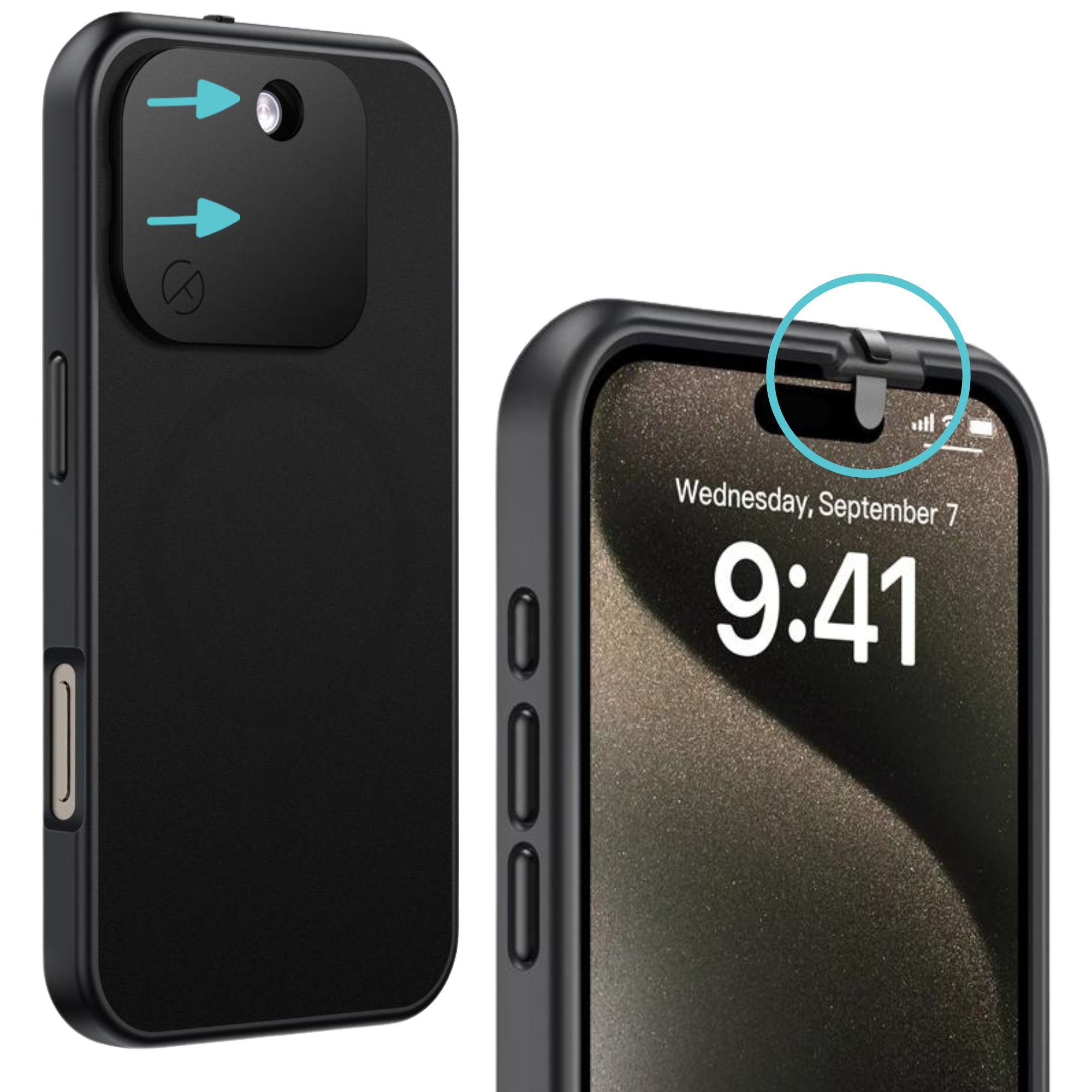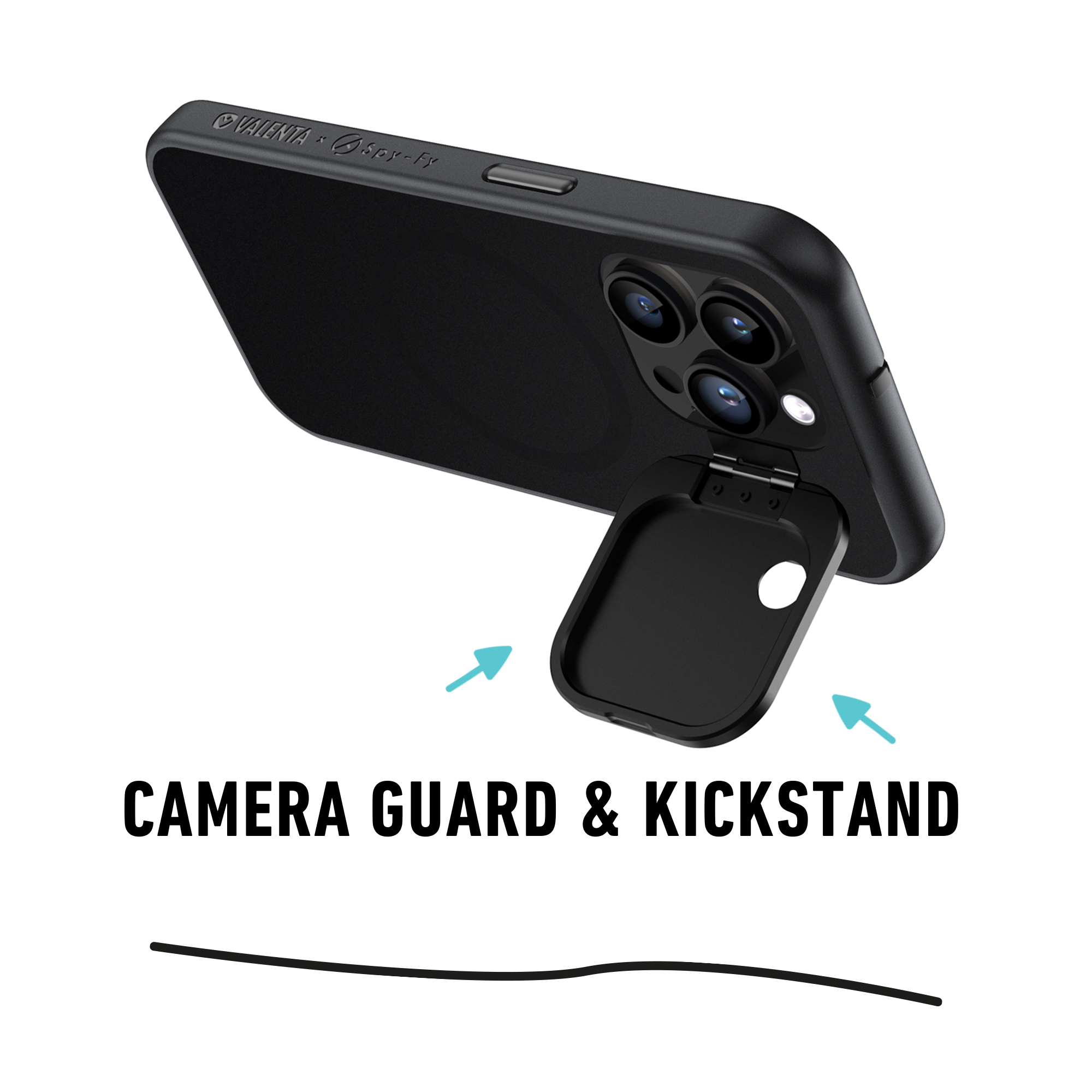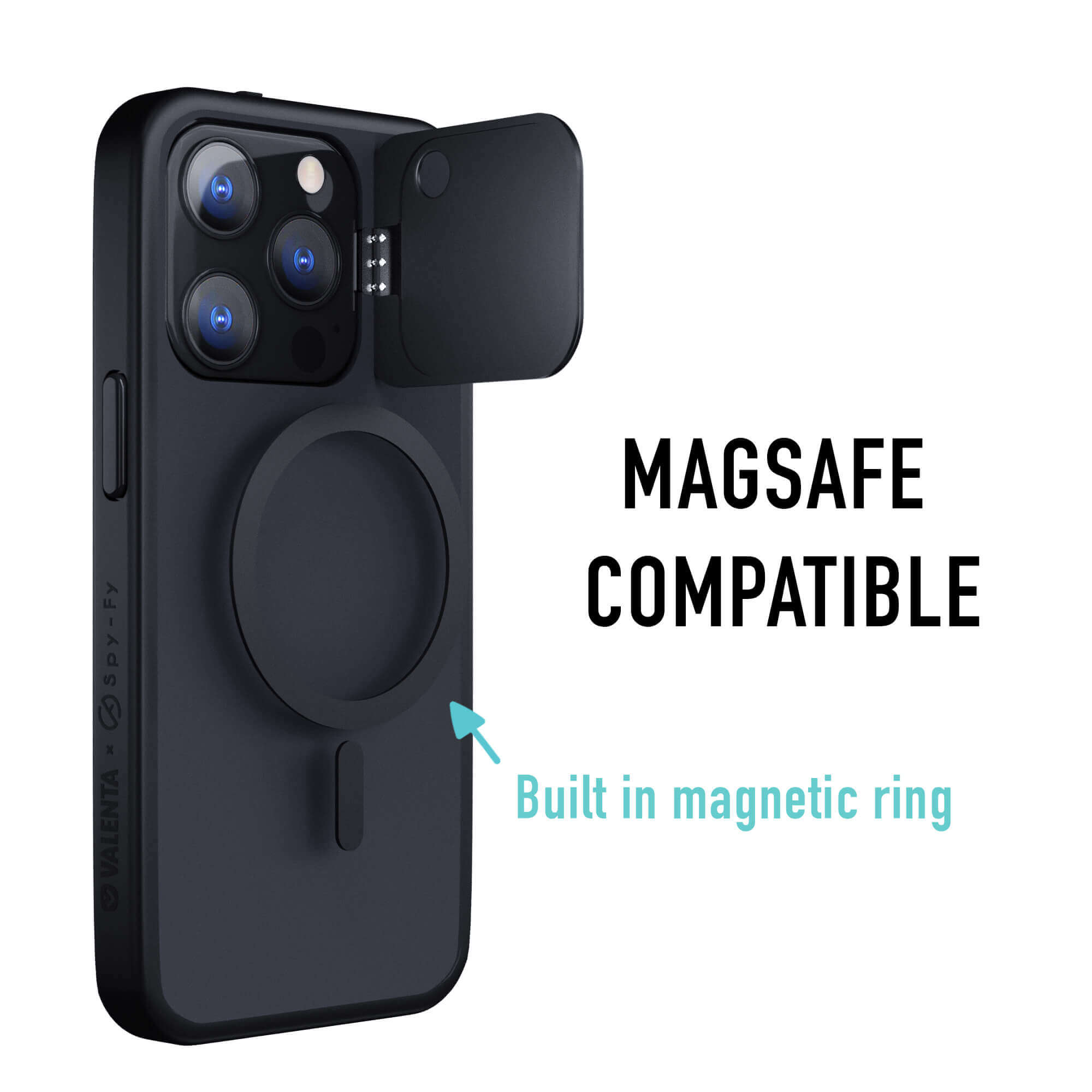When world leaders gathered in The Hague this year, the 2025 NATO Summit addressed critical security challenges facing the alliance. The meeting brought together heads of state and government to discuss evolving threats and establish new frameworks for collective defense.
The NATO alliance, meeting in the diplomatic heart of the Netherlands, made important decisions regarding digital security and defense spending that have implications for both national and personal privacy. As a Dutch company focused on privacy protection, we at Spy-Fy found the discussions particularly relevant to our mission.
Major Defense Investment Agreement
One of the most significant outcomes was NATO's commitment to substantially increase defense spending. NATO leaders reaffirmed their "ironclad commitment to collective defense" under Article 5 while addressing the complexity of today's security environment.
The key development was the agreement by NATO members to invest 5% of their GDP in defense by 2035. This represents a significant increase from current spending levels and reflects NATO's response to evolving security challenges. The investment structure divides spending into two categories:
The Traditional Defense Investment (3.5% of GDP):
- Military readiness and operational capabilities
- Infrastructure that can withstand modern threats
- Next-generation equipment and force capabilities
The Modern Security Revolution (1.5% of GDP):
- Protecting the critical infrastructure we all depend on
- Cyber defense systems that guard against digital warfare
- Civil preparedness for an uncertain world
- Innovation labs developing tomorrow's security solutions
- Building defense industries that can keep pace with threats
This investment framework demonstrates NATO's recognition that modern security extends beyond traditional military capabilities to include digital infrastructure and cyber resilience.
Ukraine Support Integration
An important aspect of the summit was NATO's approach to supporting Ukraine. Leaders agreed that contributions toward Ukraine's defense and industrial capabilities will count toward the 5% GDP commitment. They didn't just offer support; they made Ukraine's defense part of their core commitment. Any contribution toward Ukraine's defense and industrial capabilities now counts toward that historic 5% target.
This decision reflects a sobering reality: Ukraine's fight for freedom directly impacts the security of every person living in the Euro-Atlantic region. It's no longer a distant conflict; it's a frontline in the broader struggle for digital democracy and personal privacy rights.
The Industrial Revolution NATO Didn't See Coming
Perhaps the most fascinating development was NATO's call for a complete overhaul of how allies work together industrially. Leaders demanded the elimination of trade barriers between member nations, acceleration of joint innovation projects, and unprecedented alignment of technological capabilities.
What does this mean for you? A future where privacy-protecting technologies can be developed faster, shared more efficiently, and deployed more effectively across democratic nations.
Security Theater Becomes Security Reality
The summit itself offered a glimpse into this new security paradigm. The Hague transformed into what security experts called a "live demonstration of comprehensive defense." Airspace restrictions extended 16 kilometers in every direction. Maritime zones went dark. An army of 27,000 police officers and 10,000 military personnel created multiple security rings around over 6,000 delegates and journalists.
But the real innovation happened in the digital realm, where cybersecurity specialists worked around the clock to protect not just physical attendees, but the data flows, communications networks, and digital infrastructure that made the summit possible.
Why This Matters to Your Daily Privacy
As a Dutch company that's spent years developing privacy protection tools, we're witnessing the convergence of national security and personal privacy in real-time. The same threats that NATO leaders discussed in those secured rooms (surveillance, hacking, signal interception, and data manipulation) are the exact challenges individuals face every day.
The Netherlands has been a cornerstone of NATO since 1949, contributing military assets, strategic ports, and crucial logistics infrastructure. Today, we're proud to continue that tradition by building the privacy tools that protect people in an increasingly connected world.
Your Personal Defense Strategy
While governments invest billions in collective security, your personal digital defense shouldn't wait for policy changes. The same principles driving NATO's transformation (comprehensive protection, technological resilience, and proactive defense) apply to individual privacy.
That's why we've developed practical solutions for real-world privacy challenges:
iPhone Privacy Cases featuring built-in camera covers that give you instant control over when you're being watched. RFID-blocking passport holders that prevent unauthorized scanning of your most sensitive documents. Faraday Bags engineered to completely shield mobile devices from all wireless signals, creating a digital silence zone wherever you need it.
These aren't just products; they're tools for digital sovereignty in an age when privacy has become a luxury that shouldn't be reserved for governments and corporations.
The Future We're Building Together
The 2025 NATO Summit in The Hague proved something important: the future of security is personal, digital, and interconnected. Just as nations must invest in resilient systems and critical infrastructure protection, individuals deserve access to tools that safeguard their own digital environments.
Whether you're a government employee handling sensitive information, a business traveler crossing borders with confidential data, or simply someone who believes privacy is a fundamental right, the message from The Hague is clear: comprehensive security starts with individual empowerment.
Ready to take control of your digital privacy? Explore our complete collection of privacy protection tools at www.spy-fy.com and join the movement toward a more secure, private future.
